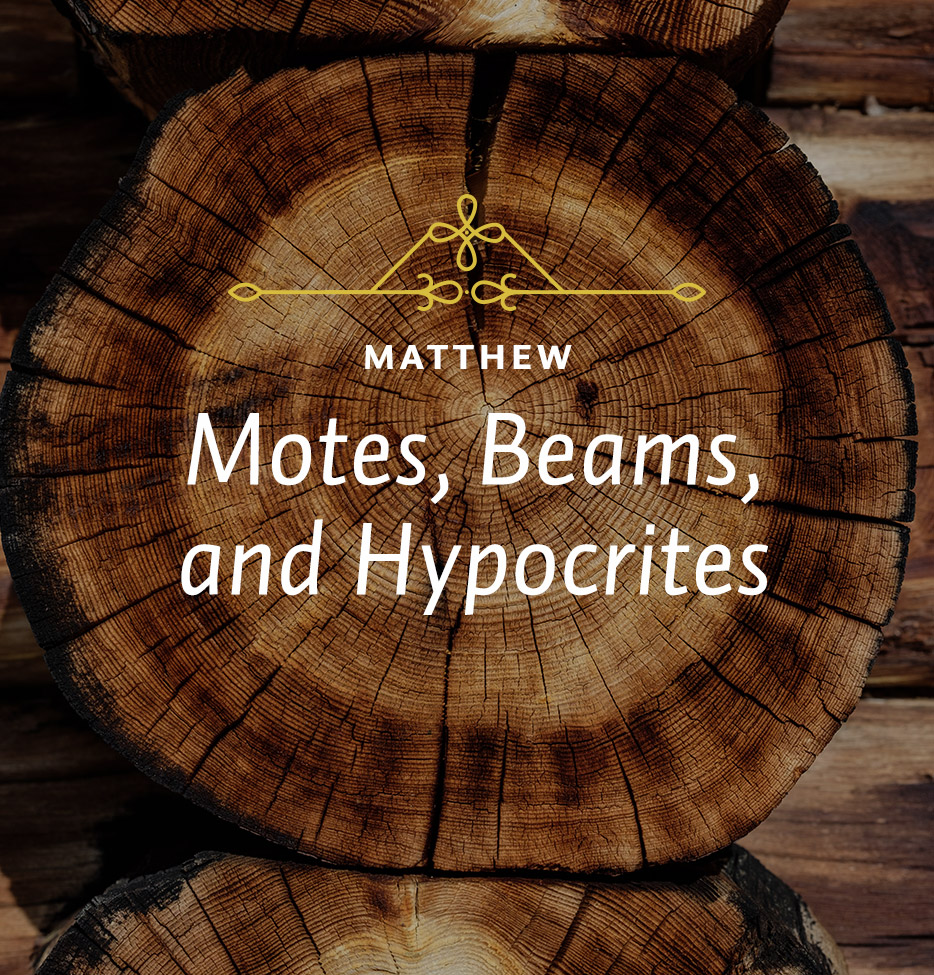Now we are going to see as we go on in our next study that none of this is meant to encourage laxity in regard to sound doctrine. We are to discriminate doctrinally. What is more, no congregation will ever be strong unless it is filled with persons capable of leadership who have drunk deeply at the fountain of God’s Word and who are therefore able to do this. It does not support error. But it does mean that we are to be most careful in regard to our attitude to those who appear to us to be erring.
One commentator helps us by asking these questions, “Does such criticism arise because there is profound grief over sin?” “Is the critic moved by the fact that God is outraged and that great wrong is done?” He answers that actually this type of critic
has no sensitivity for sin at all. If his accusations of his neighbor are discovered to be false, and the neighbor is innocent, the critic looks for something else to criticize. Nor is it because of a great love for the neighbor that the critic makes his accusations and carries his tales. Love covers a multitude of sins. Love does not expose sin…. Since we see that there are no positive motives for the criticism, and since the Lord says that the critic is a hypocrite, it follows that the critic is moved by envy, jealousy, selfishness, and all other evil motives that put the poison sac of the asp under the human tongue (Rom. 3:13).1
“Well,” you say, “suppose there are errors?” In that case, our attitude is to be that which Paul set forth for his friends in Galatia. Do you remember what he told them at the start of the last chapter of that letter? He wrote, “Brethren, if a man be overtaken in a fault, ye who are spiritual restore such an one in the spirit of meekness, and considering thyself, lest thou be tempted” (Gal. 6:1). The Greek word that is translated “restore” in this sentence is a word that was used in antiquity for setting a broken bone. Therefore, the implication is that the restoring should be done gently and with kindness.
Our attitude in such matters should be the attitude of my dentist. I am one of those people in whose system novocaine diffuses quite slowly with the result that the discomfort that comes from drilling is often quite only fully eliminated after the teeth have been finished. I do not find it a great discomfort, but it bothers my dentist nonetheless. One day when he could tell that I was feeling the drilling, he asked, “Are you still feeling pain?” I said, “Oh, I feel it a little bit, but it doesn’t bother me.” “Well,” he said, “It bothers me.” Then he quit for another five or ten minutes until the anesthetic became more effective.
How fine it would be if the attitude of those in the Christian Church were always equally solicitous toward those who need a physician. How kind we would be! And how gentle!
1Donald Grey Barnhouse, First Things First (Philadelphia, PA: The Evangelical Foundation, 1961), 37-38).






